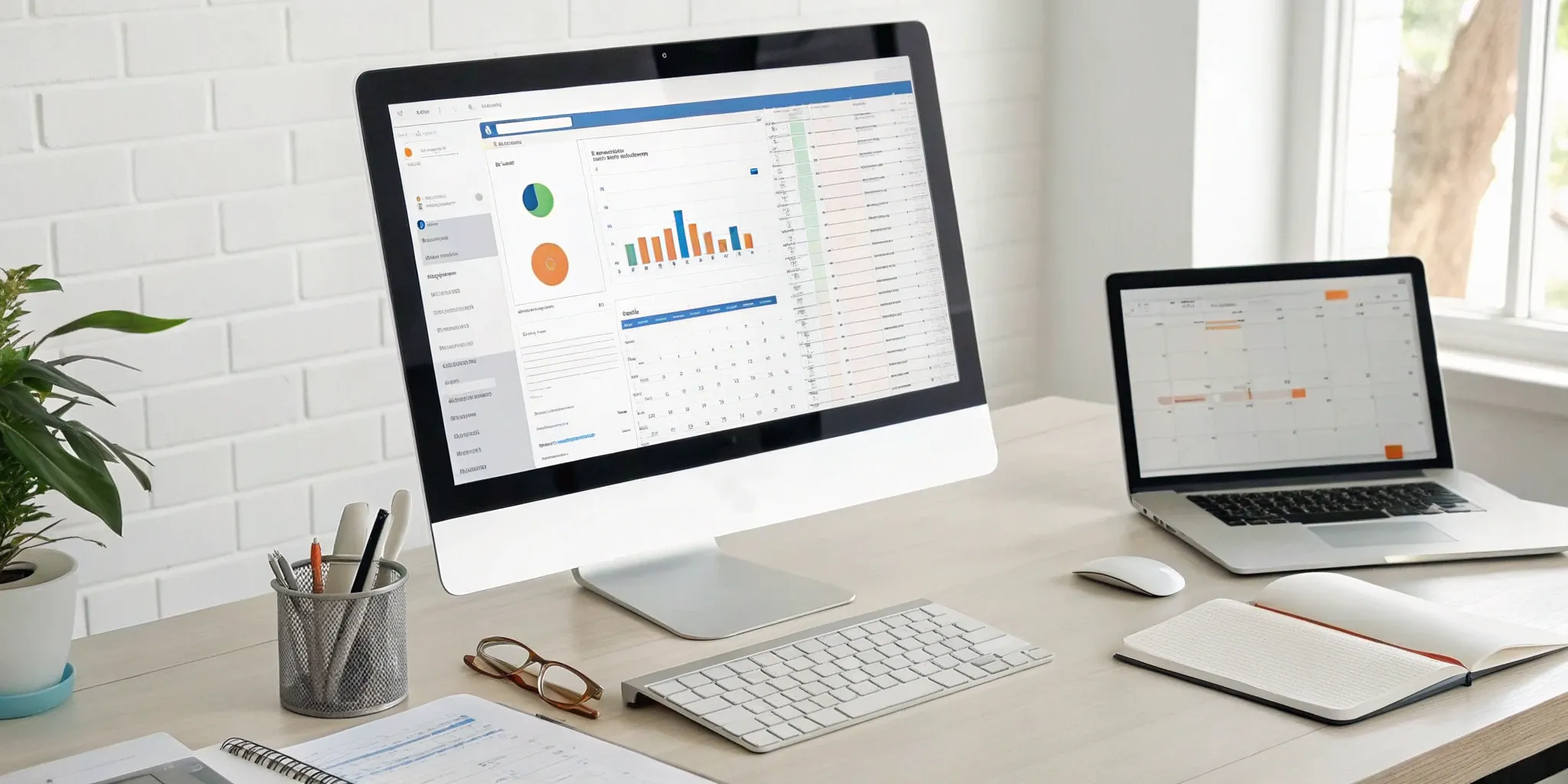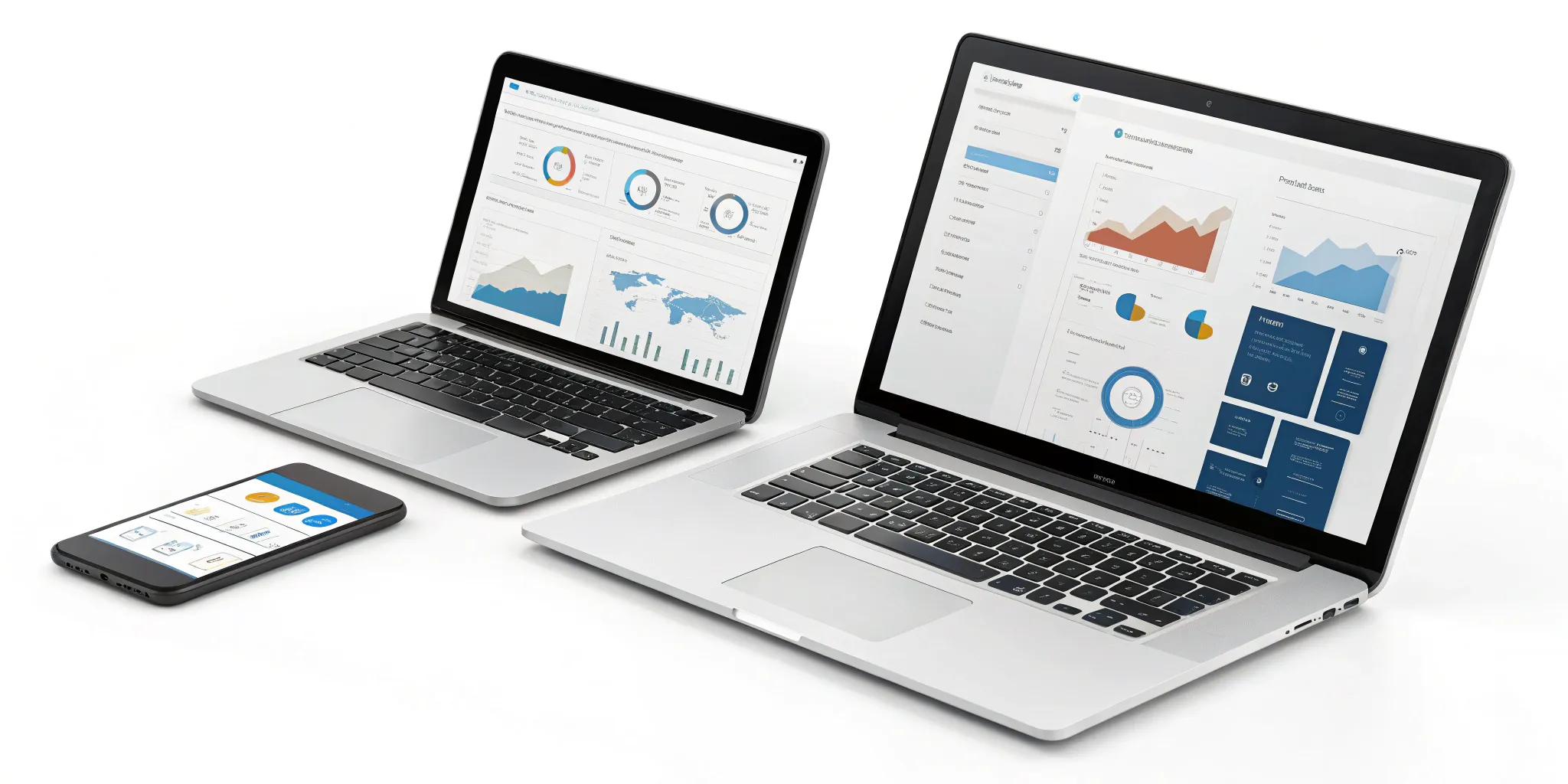If you’ve been told that you should approach LinkedIn prospecting like you would a cold email, delete that thought immediately.
It’s not the same thing.
As our own SDR Manager Jack Wauson put it, “LinkedIn is a community, and it’s your time to be a person in that community. Making a connection isn’t an invitation to sell; it’s your time to learn from them or help them learn something. It’s a slower game.”
And that’s exactly how you leverage LinkedIn as a salesperson.
You play the long game. You nurture. You learn. You help. You teach.
And over time, your prospects will start to notice you. They’ll be curious about you.
“Hey, who’s this person who keeps sending me fantastic content?” they’ll say.
Some will even venture to your profile to check you out and to find out who you work for.
And eventually, when the need arises, they’ll come to YOU.
As SDR superstar Hannah Ajikawo says, “Don’t prospect on LinkedIn, but just try and nurture your connections. And the offset of that is that people will come to you because they’re used to you posting stuff.”
(Jump here for Hannah’s full interview.)
In this blog post, we share 16 LinkedIn message templates that don’t immediately scream “prospecting,” but rather open the door for genuine, engaging conversations.
These templates are designed to help you connect with your prospects in a more authentic and meaningful way, instead of bombarding them with annoying pitches.
|
|
Pointers to craft successful LinkedIn messages
Personalization is the name of the game
Personalization has become the cornerstone of successful prospecting. Generic, cookie-cutter messages are sent to the trash, and rightfully so.
Personalizing your LinkedIn messages is essential for several reasons:
- It demonstrates that you’ve taken the time to understand your prospect, their needs, interests, and professional background. This helps build rapport, making it more likely that the prospect will engage in a meaningful conversation with you.
- Personalized messages stand out. By crafting a message that speaks to your prospect directly, you increase the chances of grabbing their attention and eliciting a response.
- Personalized messages show that you value your prospect as an individual, not just a potential sale. This fosters a sense of mutual respect and lays the foundation for a long-lasting professional relationship.
Research your prospect before sending a message
For personalization to work, you need to conduct thorough research on your prospect before reaching out. Here are some tips to help you gather valuable information:
Examine their LinkedIn profile: Look for details about their professional experience, job title, company, education, and any shared connections or groups. This can help you tailor your message to their specific interests and background.
Review their company website: Understand the prospect's business, its mission, products or services, and recent news or updates. This information can help you craft a message that highlights the potential value your product or service could bring to their organization.
Explore their online presence: Look for any blogs, articles, or social media posts they've authored or shared. This can give you insight into their thoughts, opinions, and expertise in their field.
Identify commonalities: Look for shared interests, experiences, or connections that can serve as a conversation starter and create an immediate bond between you and the prospect.
Keep the message short
Your prospects don’t have time to read a message that’s the size of a Ph.D. thesis. People are busy and they have limited bandwidth to sift through lengthy messages. That’s why it’s super important to keep your messages short, but still full of substance.
Here are a few tips that can help you keep your messages short:
Stick to one main idea: Resist the temptation to cram multiple topics into a single message. Focus on the most important point you want to convey and build your message around that central theme.
Use clear and simple language: Avoid jargon, buzzwords, and complex sentence structures. Instead, opt for clear, direct language that your prospect can quickly understand.
Break up text into short paragraphs: Large blocks of text can be overwhelming and hard to read. Keep your paragraphs short and use line breaks to separate them, making your message visually more appealing and easier to consume.
|
|
Focus on value & education
Prospects are more likely to engage with your LinkedIn message if it offers actionable insights, helpful resources, or valuable information. By focusing on value and education, you can position yourself as a trusted advisor, building rapport and credibility with your prospects.
Offer actionable insights: Provide valuable tips and advice that address your prospect's challenges or goals. Demonstrating your expertise and genuine interest in their success can make your message stand out.
Share helpful resources: Curate and share relevant content, such as blog posts, whitepapers, or webinars, that align with your prospect's interests. Position yourself as a knowledgeable and resourceful pro.
Engage in thoughtful conversations: Ask open-ended questions or discuss industry trends to foster meaningful discussions with your prospects. This helps uncover opportunities to provide further value and support, paving the way for a successful sales relationship.
Do NOT pitch or ask for a meeting
Ok, this is pretty straightforward and the title says it all.
But in case you want to hear it again…
Please, PLEASE, resist the urge to pitch your product/service or request a meeting (at least in your initial messages).
Instead, focus on establishing rapport and offering value. This approach builds trust and opens the door for deeper conversations and potential sales opportunities down the line.
Here’s Hannah Ajikawo from Revenue Funnel explaining why you shouldn’t pitch/prospect on LinkedIn:
16 LinkedIn message templates that don’t scream “prospecting” (+ bonus)
1. The value-added offer
Subject: Resource to improve your [pain point]
Hi [Prospect's Name],
I recently came across your profile and saw that you're a [Prospect's Job Title] at [Prospect's Company].
I wanted to share this [eBook/whitepaper/case study] that dives into how companies in your industry can overcome [pain point]. You can access it here: [link to resource]
Hope this helps!
[Your Name]
2. The expertise showcase
Subject: Sharing insights on [industry trend]
Hi [Prospect's Name],
I recently read your post about [industry topic], and as a fellow [Industry] professional, I wanted to share some insights on the latest trends in [specific area].
At [Your Company], we recently completed a study on [industry trend] and found some interesting data that could be relevant to your role at [Prospect's Company]. You can find a summary of our findings here: [link to content]
Hope you find this helpful!
[Your Name]
3. The event invitation
Subject: Exclusive invite: [Event Name] for [Industry] professionals
Hi [Prospect's Name],
As a fellow [Industry] professional, I thought you might be interested in attending our upcoming [event/webinar/conference], [Event Name].
This event will cover [topics or key takeaways] and features expert speakers from [notable companies or organizations].
You can register for free using this link: [link to registration]
I hope to see you (and your team) there!
[Your Name]
4. The personal achievement congratulations
Subject: Congrats on your recent promotion!
Hi [Prospect's Name],
I just saw the news about your promotion to [New Job Title] – congratulations! It's always inspiring to see hard work and dedication pay off.
As you settle into your new role, I'd be happy to share some insights and resources that could help you address [specific challenge or responsibility] in your new position.
Would it make sense to share [Your Company’s] latest [Industry] report?
Cheers!
[Your Name]
5. The company milestone acknowledgment
Subject: Congrats on [Company Milestone]
Hi [Prospect's Name],
I recently read about [Prospect's Company]'s achievement of [Company Milestone] – congratulations! As someone who works closely with companies in the [Industry] sector, it's always great to see organizations reaching new heights.
In case you’re interested, here’s [Your Company’s] latest [Industry] report that you might find helpful.
Cheers!
[Your Name]
6. The event follow-up
Subject: Great meeting you at [Event Name]
Hi [Prospect's Name],
It was a pleasure meeting you at [Event Name] last week! I enjoyed our conversation about [topic you discussed].
[Your Company] actually published an article not too long ago about [topic you discussed]. Here’s a link in case you’re curious: [link to article]
Enjoy!
[Your Name]
7. The webinar invite
Subject: Live webinar on [topic]
Hi [Prospect's Name],
I wanted to personally invite you to our upcoming webinar on [topic] on [date and time].
I thought learning more about [topic] might be something you and your team might be interested in, especially since most [similar teams] I’ve spoken to told me they struggle with [pain point that the topic covers].
You can register for the event here: [link to registration]
Hope you can join!
[Your Name]
|
|
8. The mutual connection approach
Subject: [Mutual Connection] recommended we connect
Hi [Prospect's Name],
I noticed we both know [Mutual Connection's Name], and they suggested I reach out to you.
Looking forward to connecting with you!
[Your Name]
9. The relevant event recap
Subject: Key takeaways from [Event Name]
Hi [Prospect's Name],
I recently attended [Event Name] and thought you might be interested in some of the key takeaways, especially regarding [specific topic relevant to prospect]. I've summarized the main points in this blog post: [link to blog post]
If you'd like to discuss these insights further and explore their potential impact on your business, feel free to reach out :)
Cheers,
[Your Name]
10. The industry news share
Subject: [Industry News]
Hi [Prospect's Name],
I came across this article about [Industry News] and thought it might be of interest to you: [link to the article]
I thought [your observation].
If you want to share your perspective, I’d be glad to discuss it with you.
Have a good one!
[Your Name]
| Fun fact: Mixmax integrates with LinkedIn Sales Navigator to allow you to send connection requests and InMail directly from Gmail. It’s a huge time saver. |
11. The informative infographic share
Subject: Infographic on [Industry Trend]
Hi [Prospect's Name],
I found this infographic on [Industry Trend]: [link to infographic]
It provides a visual breakdown of [key points or statistics], which I believe might be interesting and relevant to your role at [Prospect's Company].
If you'd like to discuss any of the insights, feel free to reach out!
Best,
[Your Name]
12. The podcast recommendation
Subject: Podcast episode you might enjoy
Hi [Prospect's Name],
I was listening to the [Podcast Name] podcast and thought you might enjoy their recent episode about [topic]: [link to podcast episode]
The conversation dives into some interesting aspects of [Industry], which I believe might be relevant to your work at [Prospect's Company]. Let me know your thoughts if you have a chance to listen!
Cheers,
[Your Name]
“My best advice for LinkedIn outreach is ‘be a human.’ What I see a lot of right now is folks leaning into automation, but leaning into it in a way that allows them to do the bad stuff at scale. So instead, use automation to free up time to be more human, more intentional, more strategic, instead of simply using it to scale the stuff that’s already not working.” — Leslie Venetz, Founder of Sales Team Builder.
13. The shared group insight
Subject: Insightful discussion in [LinkedIn Group]
Hi [Prospect's Name],
I noticed we're both members of the [LinkedIn Group] and came across an interesting discussion about [topic]. I thought you might appreciate the insights being shared, as they seem relevant to your role at [Prospect's Company].
Here's the link to the discussion: [link to LinkedIn Group discussion]
If you have any thoughts or would like to chat more about the topic, you know where to find me!
Have an awesome day,
[Your Name]
14. The relevant blog post share
Subject: Blog post you might find useful
Hi [Prospect's Name],
I recently published a blog post about [topic] and thought it might be useful for you: [link to blog post]
It covers [key points or benefits] and provides actionable tips for [specific goal or challenge] in your industry. If you find it helpful, please feel free to share it with your network.
Happy reading!
[Your Name]
15. The appreciation for content
Subject: Enjoyed your article on [topic]
Hi [Prospect's Name],
I came across your article on [topic] and just wanted to reach out to say I really enjoyed reading it! You made some excellent points about [key insights], and it got me thinking about how these ideas can be applied in my own work.
If you're open to it, I'd love to connect and discuss this topic further, as well as share insights from my own experience.
Thanks!
[Your Name]
16. The expert interview share
Subject: Fascinating interview with [Expert's Name] on [topic]
Hi [Prospect's Name],
I came across an interview featuring [Expert's Name], a leading authority in [Industry/Field]. They shared some valuable thoughts on [Topic].
Here's the link to the interview: [URL]
I found [Expert's specific insight or quote from the interview] particularly eye-opening and thought it might resonate with you as well.
Hope you like it as much as I did!
[Your Name]
| Psst... We’ve got a treasure trove of sales expert/LinkedIn sales influencer interviews on our YouTube channel. |
17 (Bonus). The LinkedIn voice memo/video message
This is somewhat of an untapped opportunity (for now, anyway). Here’s an example of a LinkedIn voice memo you can use:
“Hey [Prospect’s Name], thank you so much for connecting with me, pleasure to have you on my network!”
^^ That’s a pattern interrupt because they’ll be expecting you to pitch, but instead, you’re just saying hello.
(Another genius tip from Hannah Ajikawo’s interview).
Conclusion
Crafting effective LinkedIn messages for sales reps is all about striking the right balance between personalization, brevity, and value. By focusing on providing genuine insights, sharing helpful resources, and engaging in thoughtful conversations, you can build trust and rapport with your prospects.
The key is to avoid pushing for a sale or meeting in the initial stages. Keep these LinkedIn message templates and tips in mind as you navigate the world of social selling, and you'll be well on your way to fostering long-lasting professional relationships that can lead to fruitful sales opportunities.












